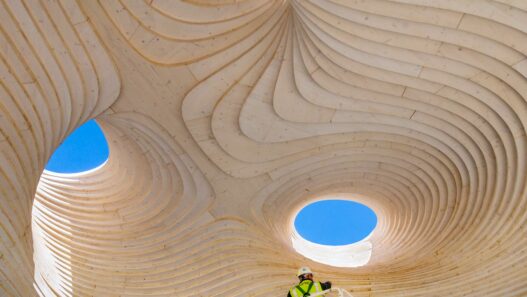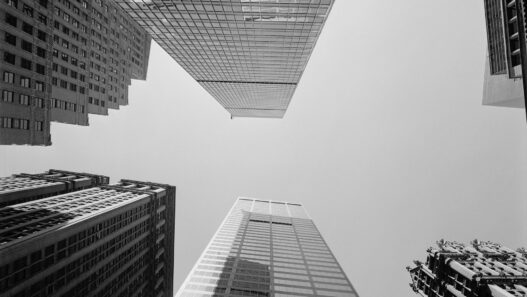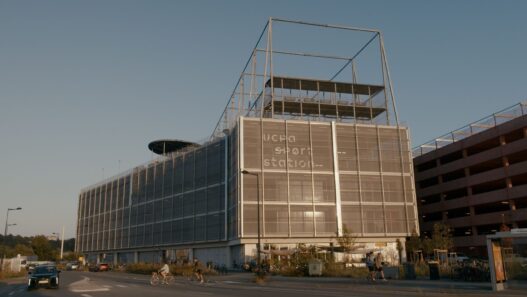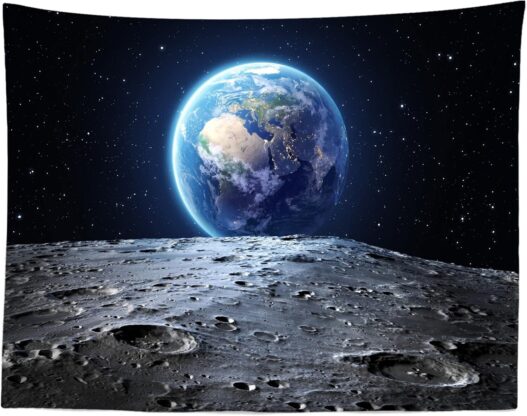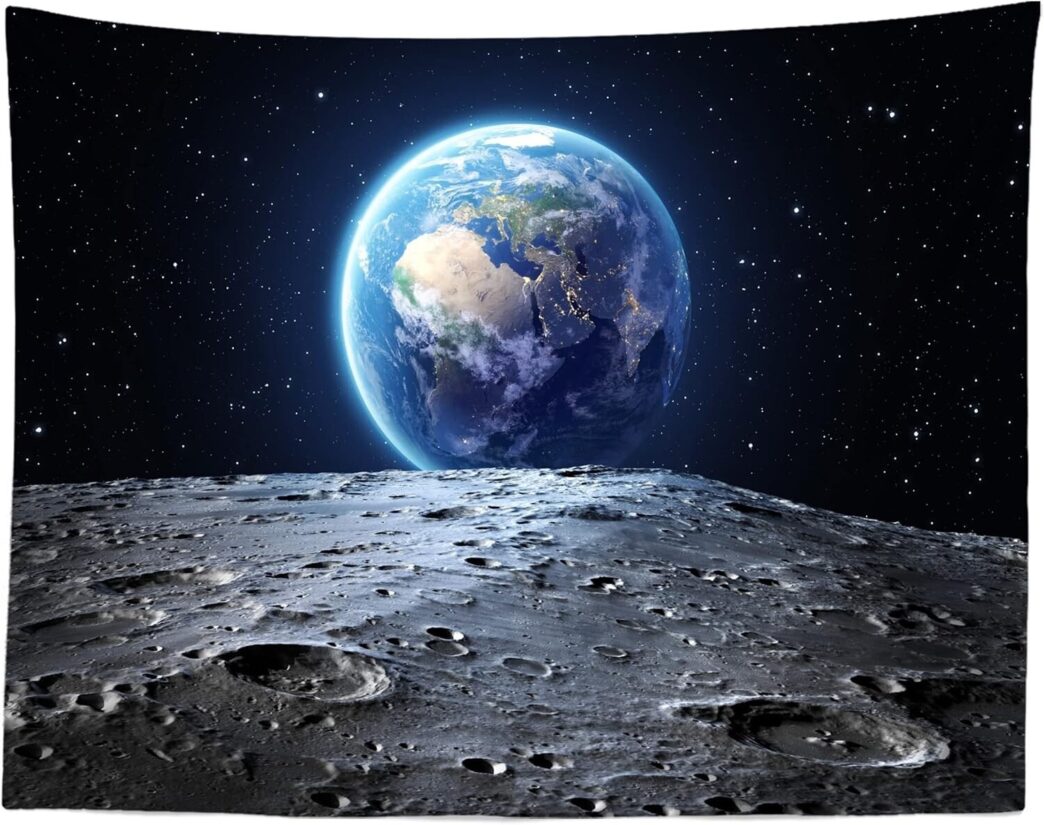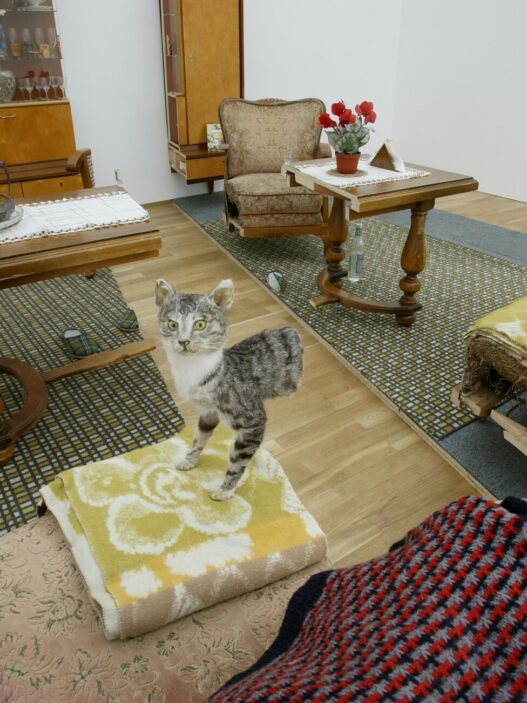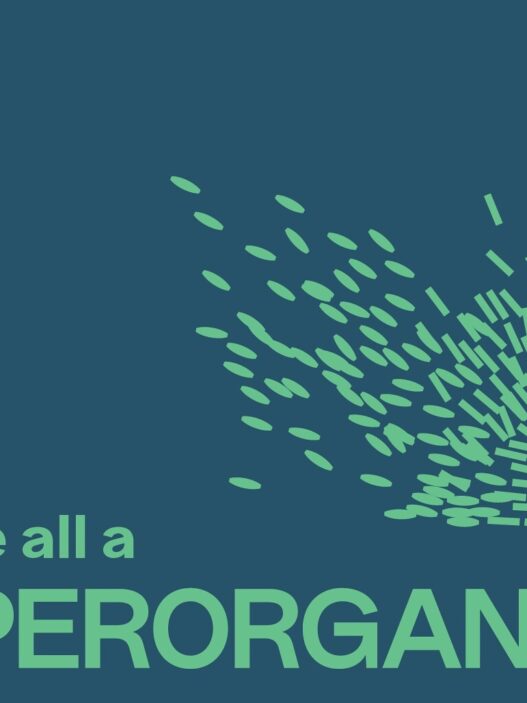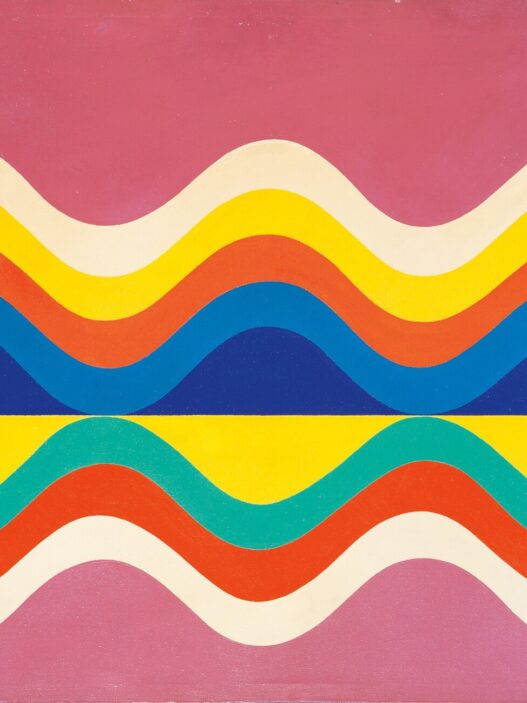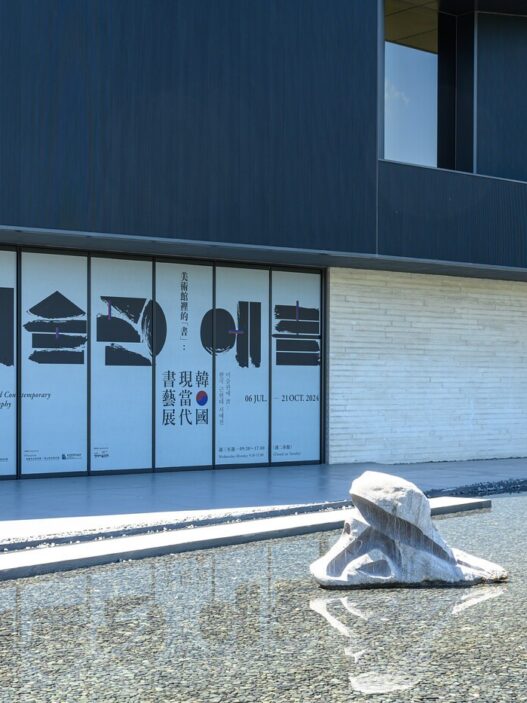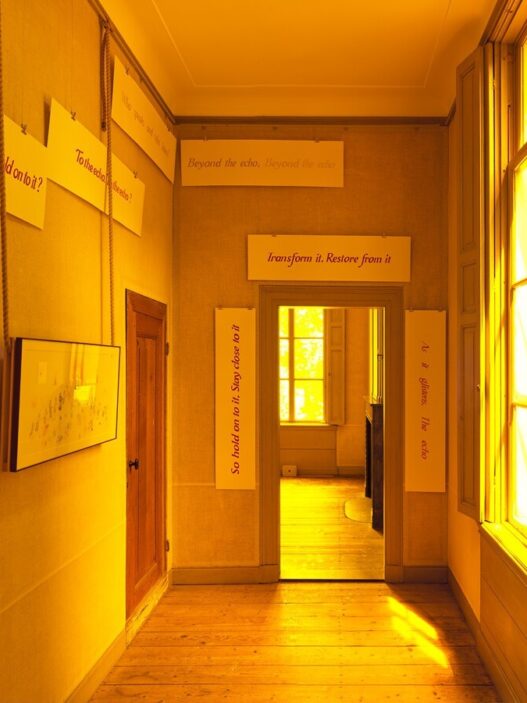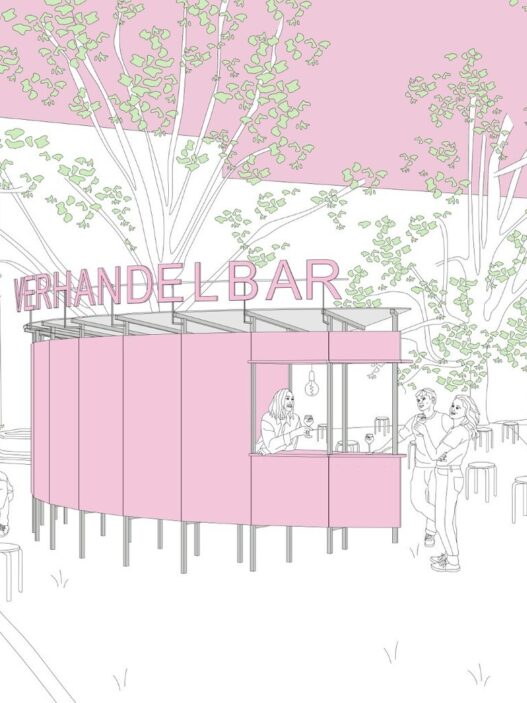The Brain Without Organs: Planetarity, Plasticity, and Eco-cosmotechnics in Cognitive Capitalism
Application deadline: August 18
Program datees: September 30–October 5
The Saas-Fee Summer Institute of Art (SFSIA) is set to explore the complex interplay between cognitive capitalism and planetary ecology in its upcoming session in Paris from September 30 to October 5, 2024. The application deadline for this intensive program is August 18.
In today’s world, cognitive capitalism has transformed the brain and mind into the new factories of the twenty-first century. Unlike the industrial era where physical labor dominated, we are now mental laborers, or “cognitariats,” producing data through screens. This shift has significant implications for our neural plasticity and societal norms, as excessive engagement with digital platforms shapes our thoughts and behaviors, often leading to increased control and subjugation.
The SFSIA 2024 program aims to understand these forces of algorithmic control and explore an ontological shift from Homo sapiens to Planetary Sapiens. Recognizing our coevolution with the biosphere, the program emphasizes deep ecological thinking and the need for technologies that nurture rather than harm the environment. Moving away from anthropocentric views, the focus will be on planetarity and habitability, fostering life and radical openness, as advocated by philosopher Achille Mbembe.
A key concept in this year’s program is the “brain without organs” (BrwO), inspired by Antonin Artaud and expanded by Gilles Deleuze and Félix Guattari. This notion, grounded in the work of Jean Pierre Changeux and Bernard Stiegler, challenges traditional views of the brain and mind, highlighting the impact of social, political, and ecological factors on neural development. By rejecting behaviorist and computational approaches, BrwO envisions the brain as a dynamic entity shaped by its environment over time.
The program will feature prominent faculty members, including Gabriel Alonso, Nicolas Bourriaud, Yves Citton, Emanuele Coccia, Igor Galligo, Agnieszka Kurant, Alex Taek-Gwang Lee, Anna Longo, Geert Lovink, Antonia Majaca, Amna Malik, Yann Moulier Boutang, Sinziana Ravini, Laurent de Sutter, Jennifer Teets, Tiziana Terranova, Aline Wiame, and Charles Wolfe. Warren Neidich, the founding director, will lead the discussions, aiming to discover new methods and forms of emancipating planetary governance.
Applications for SFSIA 2024 Paris are open to students, practitioners, and scholars from diverse fields including art, ecology, science, philosophy, design, architecture, critical theory, and media studies. More information is available on the SFSIA application page.
About SFSIA: Saas-Fee Summer Institute of Art (SFSIA) is a nomadic, intensive summer academy that focuses on contemporary critical theory. Founded in Saas-Fee, Switzerland in 2015 by Warren Neidich, the program has since been hosted in Berlin, Los Angeles, New York, and Arnhem. It emphasizes an interdisciplinary approach to understanding the relationship between art and politics.




